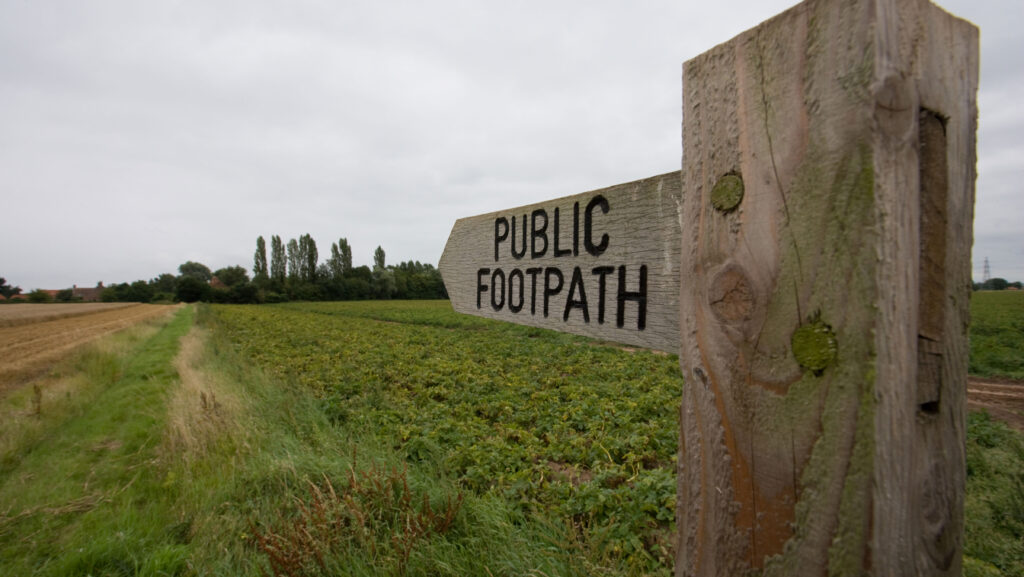Business Clinic: Impact of historic rights of way deadline loss
 © Tim Scrivener
© Tim Scrivener Whether it’s a legal, tax, insurance, management or land issue, Farmers Weekly’s Business Clinic experts can help.
Here Richie Rees, senior associate in Thrings’ agricultural litigation team, advises on the implications for landowners of the government’s recent abandonment of the deadline for submitting applications to establish historic rights of way.
See also: Business Clinic – succession options to consider post Budget
Q. I read recently that the government is scrapping the deadline for historic public rights of way applications. Is my land more at risk from future applications and if so, what do I do?
A. Having a deadline gave landowners some level of reassurance that they would not have to face public right of way applications forever, so it is understandable that its removal is going to cause confusion and concern.
While the recently scrapped January 2031 deadline gave the possibility of an endgame, the bigger concerns of this recent change are both the lengthy backlog of applications to the Definitive Map and the onerous demands that an application places on a landowner, being a long-standing burden before a decision is made.
Once an application is lodged, the backlog alone currently involves months, if not years, of waiting.
Then the application goes through a rather repetitive and convoluted legislative process, first at local authority level and then potentially via public inquiry.
Of course, some applications that are successful present a legitimate benefit to the public’s access through our countryside, but it must be in everyone’s interests for those applications to be identified and processed without delay so that both the landowner and members of the public can have certainty as to where the boundaries of public and private land exist, in law and in practice.
The success or failure of an application will turn on the facts and the evidence presented.
The change of deadline gives some applications a greater chance of success simply because there is no longer a time limit on their submission.
Repeated failures
In our experience of applications to modify the Definitive Map, a repeat problem is a failure to properly identify the legal and factual requirements set out in the statute.
Often this is due to applications (or objections to applications) being made without or before the involvement of legal advisers.
This can lead to applications being submitted that are caught up in the backlog, but which set out incorrect legal argument or rely on irrelevant evidence and so are likely to fail.
This can be particularly frustrating if important and directly relevant evidence does, in fact, exist or could have been obtained at the outset.
Applications might fail or may have to be amended and reconsidered on multiple occasions before a final determination can be made.
Delays could get longer
With the January 2031 deadline now scrapped, we are potentially going to see an even longer wait between application submission and decision, with no perceived pressure to meet deadlines.
Given that we are looking at months, or even years, to navigate the process, it is even more important for those involved in public rights of way issues to engage with professional assistance at the outset.
Whether it is for an application to extend or relocate a footpath that you have been using; or a wish to defend and oppose an application to add an historic route to your land, the best way to minimise the delay and backlog faced up and down the country is to ensure you are presenting a coherent and persuasive legal argument.
The benefit of the deadline being removed (again) is that it’s possible to invest the time and focus needed into collating the right evidence and producing a legally compelling case before any formal action is taken.
Do you have a question for the panel?
Outline your legal, tax, finance, insurance or farm management question in no more than 350 words and Farmers Weekly will put it to a member of the panel.
Please give as much information as possible.
Email your question to FW-Businessclinic@markallengroup.com using the subject line “Business Clinic”.
